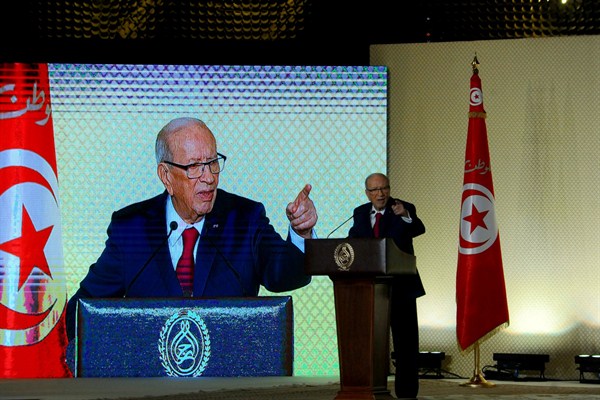Editor’s Note: Every Friday, WPR Associate Editor Robbie Corey-Boulet curates the top news and analysis from and about the African continent.
Despite two years of protests, Tunisian lawmakers this week approved a so-called economic reconciliation law that allows for amnesty for officials accused of corruption under former President Zine El Abidine Ben Ali, the first head of state to fall during the 2011 Arab uprisings. Predictably, the move was condemned by opposition lawmakers and civil society activists. One MP said the law signified “the return of the dictatorial state,” while another described it as “an advanced stage of counter-revolution.”
The version that passed was less expansive than the version originally proposed in 2015, which also applied to corrupt businesspeople. According to Reuters, they still face potential prosecution. Members of the Ennahda and Nidaa Tounes parties, which backed the law, said it would promote reconciliation as well as investment and economic growth. Cabinet director Selim Azzabi told AFP it applied to 2,000 senior officials.

